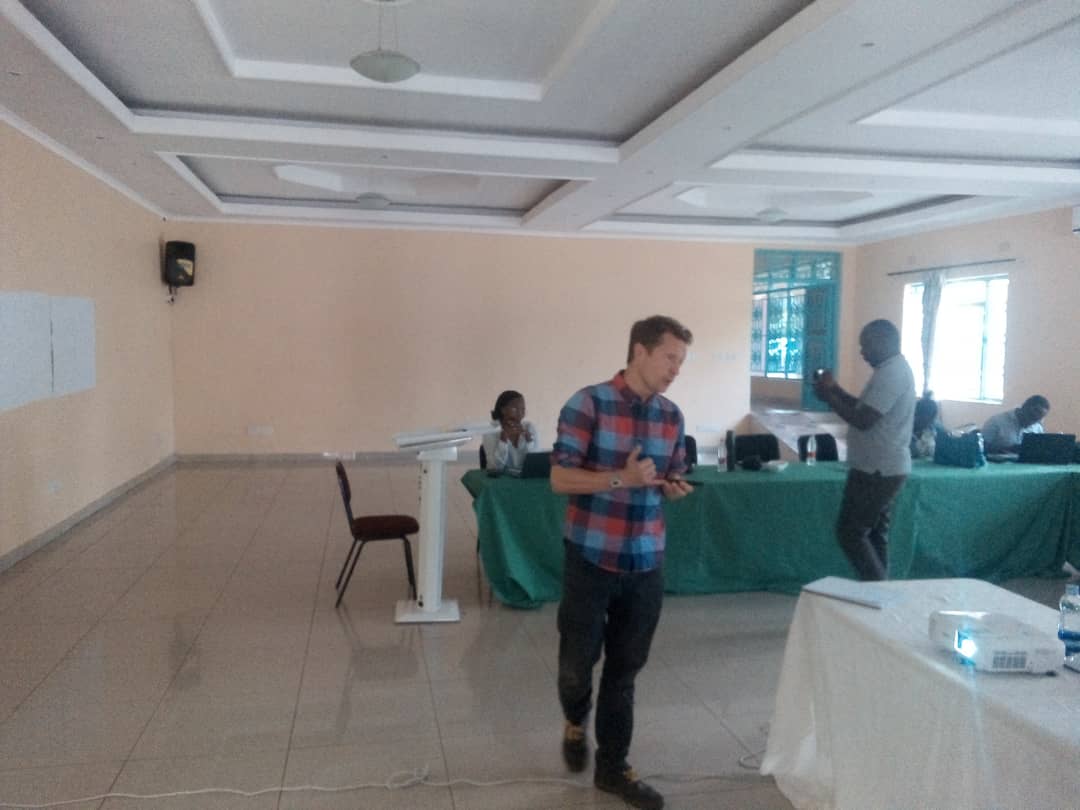By Vincent Gunde
Self Help Africa (SHA) says Malawi has achieved significant progress in water access despite functionality issues which lead to reliance on unsafe water sources and increasing burdens on women, sanitation progress is limited with only 49.5 percent of the population accessing basic sanitation services and 2.93 percent still practicing open defecation.
The organization said despite awareness, only 12.5 percent of the population washes hands with soap at critical times, only 0.3 percent households have handwashing facilities saying this is a major barrier to the adoption of hygiene practices contributing to the spread of diarrheal diseases especially among children Under-5.
It said improving hygiene behaviors study on the motivation and barriers to hygiene practices in Dowa district was commissioned with a purpose of providing insights to guide strategies for improving handwashing adoption and sustainability in future interventions.
Presenting the study to the District Coordination Team (DCT) in Dowa, Global WASH Advisor for Self Help Africa (SHA) Will Tillett, said the study’s specific objective was to identify the key motivating factors that influence individuals to adopt and maintain good hygiene practices in Dowa district.
Tillett said the study was conducted to investigate the barriers that hinder individuals in practicing good hygiene despite awareness its importance and to provide recommendations for effective strategies can enhance motivation and reduce barriers to hygiene behavior change in the district.
He said the study findings and observations concluded that handwashing emerged as the most recognized hygiene practice and low awareness of menstrual hygiene and community hygiene education points to significant cultural and informational gaps.
The Global Advisor said the key barriers affecting hygiene in Dowa district include affordability of hygiene products, lack of access to clean water, insufficient toilet and sanitation facilities, lack of information and education, lack of time and cultural beliefs, among others.
“Poor hygiene practices contribute to the transmission of infectious diseases in the county-spread of disease,” said Tillett.
He said the study has provided recommendations for enhancing motivation for good hygiene practices in Dowa district such as strengthened health- based messaging, leveraging social influence and peer networks, and increasing accessibility to hygiene facilities, among others.
Tillett said the study has also recommended for tailor hygiene messages to cultural and religious beliefs and enhancing hygiene education through schools and media to reach out many people including those in the hard to reach areas of Dowa district.



